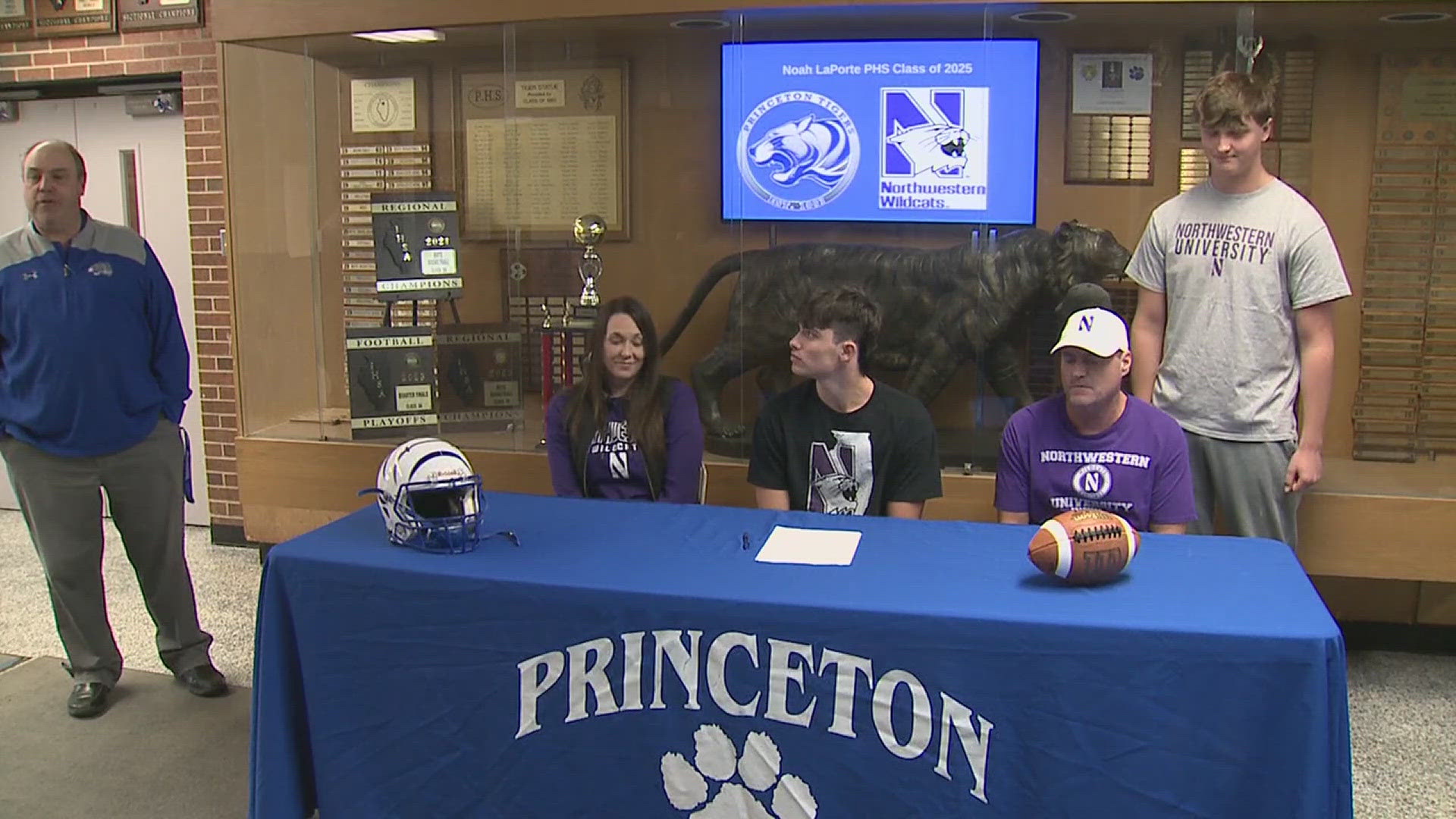(HLNtv.com) — Steven Rhodes has spent the last five years of his life as an active-duty Marine. During that time, between the stresses of the job and being away from his family, Rhodes played a little football to ease his mind.
Now, his casual, military-only games could cost him a spot on a college team because of an outdated, highly contested NCAA rule.
Rhodes is entering his first year at Middle Tennessee State University. During the summer, he expressed interest in joining the Blue Devils football team as a walk-on player. He had played in high school, but that was nearly seven years ago, and to Rhodes, the recreational games he played while enlisted hardly counted as experience.
“It was basically, just like an intramural league,” Rhodes told CNN’s Ashleigh Banfield on Monday. “Whenever we had time, we would play. If we didn’t, if our workload didn’t permit, we couldn’t play. It was just something to take out a little stress, and build camaraderie between troops and give us some physical fitness.”
So when he started attending preseason camps, both Rhodes and the coaching staff were hopeful.
“There’s no doubt he can help us on special teams, and then we can find a place for him,” MTSU head coach Rick Stockstill told USA Today. “He is learning defensive end, and he looks like he can come off the edge. We could always move him back to offense and develop him there, maybe do that next spring.”
That is, if Rhodes can play at all. He was recently told that, according to NCAA bylaws, he may not be eligible to play Division I football for a few more years. The rule, NCAA bylaw 14.2.3.2.1, essentially states that if a player does not enroll in a university within a year of graduating from high school, he or she will be charged a year of eligibility for every academic year in which they participate in “organized competition.”
In Rhodes’ case, this means his two years of playing during his time in the Marines would cost him two years of eligibility and force him to redshirt — sit out — this season.
However, the rule raises a lot of questions: What exactly is “organized competition?” According to Rhodes’ description of the games on base, he thought they were anything but organized.
“There were good, talented players here and there, but as a whole, it wasn’t on a competitive level,” Rhodes told CNN.
And how about men who are enlisted in the military? An earlier version of the bylaw contained provisions for prospective student-athletes enrolled in the military, but several revisions effectively edited that clause out.
However, there may be hope for Rhodes amid the confusion. Coaches and staff at MTSU are fully supporting him. The NCAA has also publicly addressed the case, and released this statement over the weekend:
“The NCAA has provided an initial review of the case and will continue to work with the university,” the statement read. “The process is ongoing and a final decision has not yet been made.”
Rhodes is hopeful that, with the help of the MTSU staff, and the understanding of the NCAA, he will be on the field soon.
“MTSU is behind me 100 percent and they’re working day and night trying to get this solved,” Rhodes told CNN, “And I believe it will work out in my favor.”



